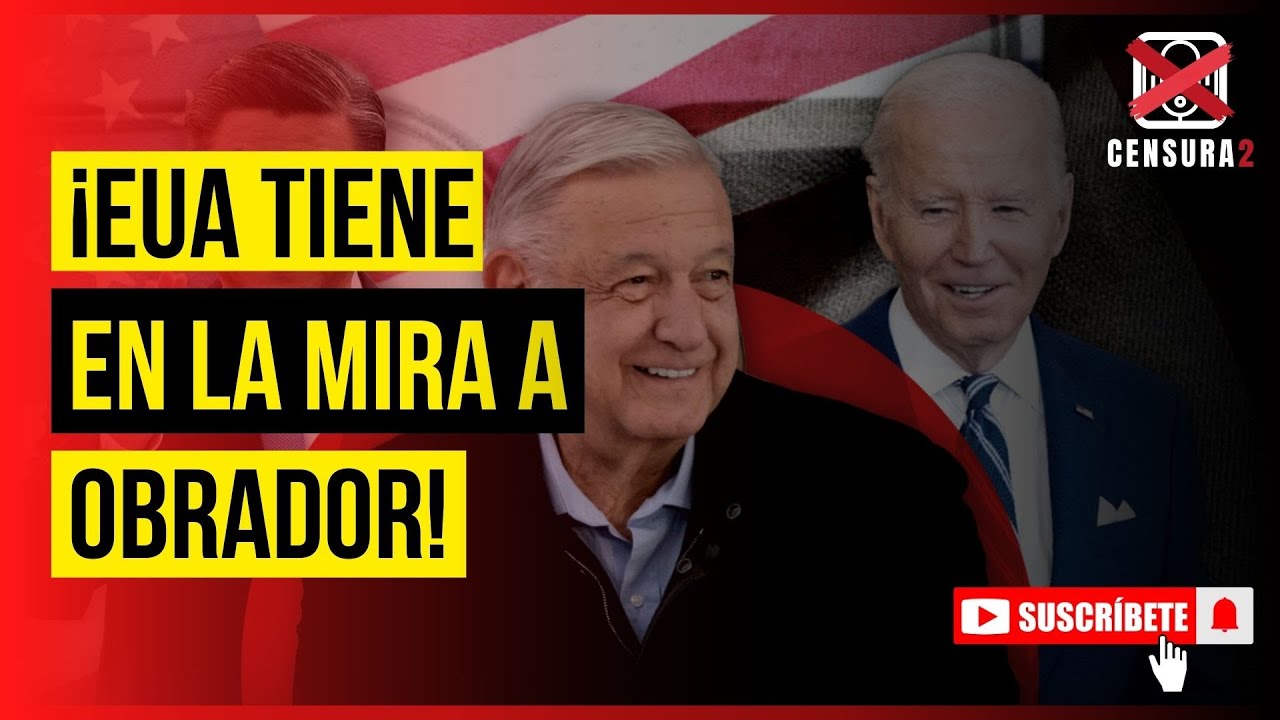Chinese brokers launder hundreds of millions for global crime groups | FT Film
Summary
TLDRChinese money launderers have partnered with Mexican drug cartels to efficiently launder proceeds from fentanyl trafficking. This sophisticated network uses mirror transfers to move money invisibly, aiding the international drug trade. Despite efforts by law enforcement, such as Project Sleeping Giant, the scale and speed of these operations pose significant challenges. The involvement of Chinese organized crime in global money laundering is unprecedented, contributing to the fentanyl crisis in the US, which remains the leading cause of death among those under 50. The situation underscores the need for enhanced collaboration and tools to combat this growing threat.
Takeaways
- 💰 Chinese money launderers have partnered with Mexican drug cartels to launder fentanyl trafficking proceeds.
- 🚨 Law enforcement lacks sufficient tools to tackle the rising dominance of these sophisticated money laundering networks.
- 🔄 These money laundering operations function like franchise models, moving large amounts of money quickly and in multiple directions.
- 🌐 The scale and scope of these operations are extraordinary, representing a significant national security issue.
- ⚠️ In 2017-18, Chinese money brokers began controlling the laundering of Mexican cartel proceeds for minimal fees, boosting cartel profits.
- 🏦 Chinese underground banking systems developed to move money invisibly, catering to businesses unable to use formal banking channels.
- 💸 This illicit money finances various activities, from luxury shopping in Europe to the international drug trade.
- 🛑 The fentanyl crisis is the deadliest drug threat in the US, with overdose deaths being the leading cause of death among those under 50.
- 👁️ Chinese nationals increasingly appeared in fentanyl trade surveillance, indicating their growing involvement in money laundering.
- 🔍 DEA investigations revealed Chinese organised crime not only supplies precursor chemicals but also controls international money laundering for cartels.
Q & A
Who have Chinese money launderers partnered with to launder proceeds from fentanyl trafficking?
-Chinese money launderers have partnered with Mexican drug cartels.
What is the main challenge law enforcement faces in tackling this money laundering network?
-Law enforcement in the country does not have sufficient tools to tackle it.
How are these money laundering networks described?
-They are described as franchise models that are highly sophisticated and can be stood up quickly to move a lot of value in different directions simultaneously.
What significant change occurred in 2017 and 2018 regarding money laundering?
-In 2017 and 2018, Chinese money brokers began to control the laundering of Mexican cartel proceeds and started charging only 1 to 2 percent fees, which were previously unheard of.
What is the 'mirror transfer' system used by underground Chinese banks?
-In the mirror transfer system, a person deposits a sack of money in cash at one branch of an underground bank, and another person picks up the same amount from another branch, making it invisible to authorities.
How does the DEA describe the fentanyl overdose crisis?
-The DEA reports that fentanyl overdose is the leading cause of death among those under the age of 50 and is the deadliest drug threat the country has ever faced.
How did the partnership with Chinese money launderers benefit the Mexican cartels?
-The Mexican cartels increased their bottom line, their net profits, by 3 to 5 percent by partnering with Chinese money launderers.
What role did Ray Donovan play in tackling the fentanyl crisis?
-Ray Donovan was a former chief of operations for the DEA who identified the involvement of Chinese nationals in the fentanyl trade and worked to exploit communications and understand the network.
What is the main method used by Chinese money launderers to transfer funds for the cartels?
-Chinese money launderers use a system where they collect drug proceeds in the US, advertise the sale of those dollars on WeChat, and then transfer funds through bank-to-bank transactions to launder the money.
What is the significance of the location Flushing, Queens in the money laundering operations?
-Flushing, Queens is identified as a command and control center for Chinese money laundering operations, with multiple businesses within that serve as fronts for laundering illicit drug proceeds.
Outlines

This section is available to paid users only. Please upgrade to access this part.
Upgrade NowMindmap

This section is available to paid users only. Please upgrade to access this part.
Upgrade NowKeywords

This section is available to paid users only. Please upgrade to access this part.
Upgrade NowHighlights

This section is available to paid users only. Please upgrade to access this part.
Upgrade NowTranscripts

This section is available to paid users only. Please upgrade to access this part.
Upgrade NowBrowse More Related Video

Who are the Mexican drug cartels?

Trump administration weighs drone strikes on Mexican cartels

How fentanyl triggered the deadliest drug epidemic in U.S. history

Fentanyl fueling worst drug crisis in U.S. history, killing 70,000 a year | 60 Minutes

The Sinaloa Cartel told us what they think of President Trump

🔥 EUA da ULTIMÁTUM al PEJE: ¡Por las BUENAS o por las MALAS! ¡LORET REVELO ESTO GRAVÍSIMO!
5.0 / 5 (0 votes)